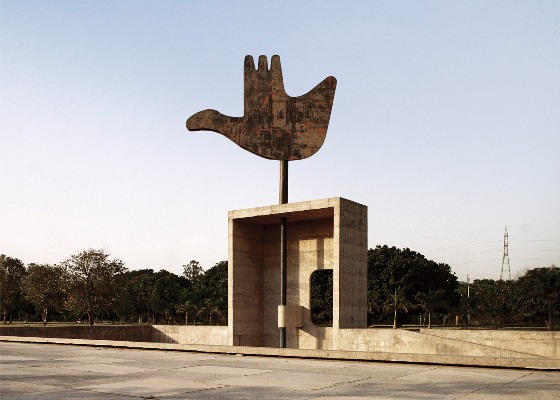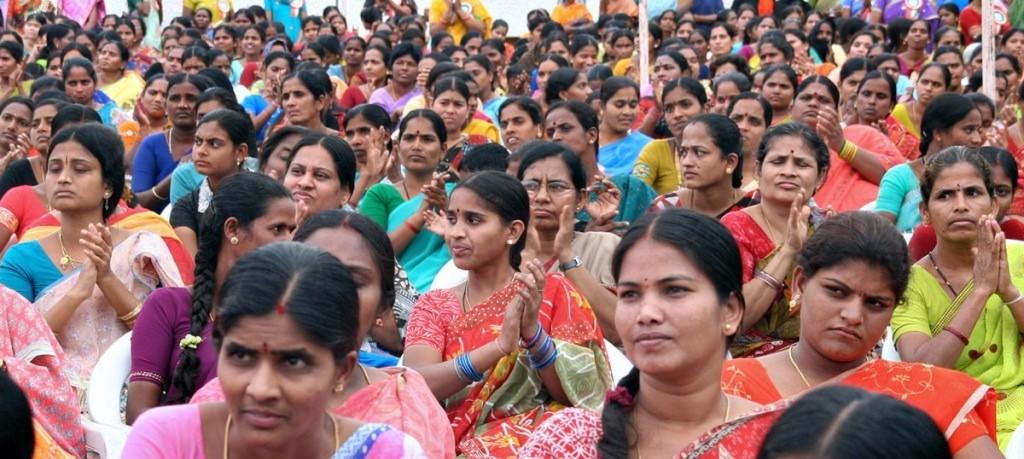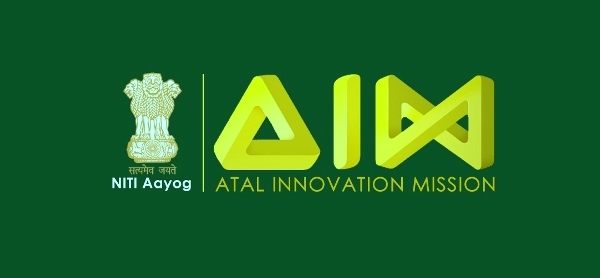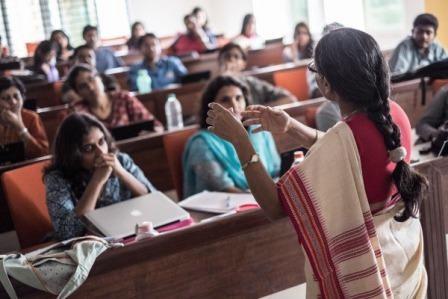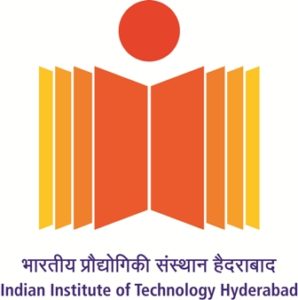Education is a vital tool for empowerment, and India rightly believes that educating its girl children will help in fulfilling its vision of creating empowered women and securing their rights. Though the nation has been successful in improving enrolment of girl children in elementary school, the bigger challenge is addressing enrolment and drop-outs, especially at secondary and higher secondary levels.
However, improving the retention ratio is interlinked to several enabling and disabling factors, as highlighted by a recent study done by CRY-Child Rights and You, ‘Educating the Girl Child: Role of Incentivisation and Other Enablers and Disablers’. The study is released on the occasion of International Women’s Day.
The study finds that dependency on someone to go to school is the biggest disabler for girls (90%) in attending schools. Frequent absenteeism (29%) and discomfort in absence of female teacher (18%) were identified as some of the other disabling factors that are often interlinked with the drop out of girl children. Delving deep into the reasons behind frequent absenteeism from school, frequent illness (52%) and being engaged in household chores (46%) surfaced as the biggest deterrents across four states.
Also, infra-structural issues like poor roads and unavailability of transport to schools were highlighted as some of the top reasons for girls to miss education. Girls in Gujarat and Andhra Pradesh mentioned about the distance and cost of transportation as some of the main reasons to miss school.
In Haryana, Andhra Pradesh and Gujarat, menstruation emerged as another important reason for missing school, which highlights the vital need for improved infrastructure and amenities in school. Though 87% of schools reported to have separate toilets for girls, not all of them were found to have running water and hand wash facilities.
Using both qualitative and quantitative research methods, the study was conducted with more than 3000 interviewees from 1604 Households across four states, namely Haryana, Bihar, Gujarat and Andhra Pradesh.
Among the enablers, self motivation to go to school (88%) and inspiration from family (87%) were the most sought after motivating factors for girls to go to school. No resistance from family (94%) and community (95%) were also reported as some of the prominent encouraging reasons by majority of school going girls, while 70% of school going girls claimed to have received government incentives and/or benefits in the school.
Also, the study assesses the role of parents in shaping their girls education as a significant percentage of school going girls parents in Gujarat (89%) and Andhra Pradesh (98%) believed that education is of foremost important than anything else. However, the percentage was comparatively low in Bihar (76%) and Haryana (75%).
However, while analysing the most prevalent factors likely to hinder girl child education, the most spontaneous responses from the parents highlighted requirement of female labour within the household, indicating discontinuation of studies for the girl child.
The interesting aspect is that when both the spontaneous and the aided responses are combined, marriage of girls (66%) emerged as the chief factor that hinders girls’ education, followed by household chores (65%) and cost of education (62%). Amongst the underlying causes, elopement/love affairs followed by caring for siblings, predetermined gender roles and physical insecurity of girls were some of the top responses in this area.
Besides assessing different factors impacting girl child education, the study also evaluates the effectiveness of 21 government education incentivisation schemes, of which 12 are monetary and the rest provide non-monetary incentives.
Despite a large number of schemes being implemented, the analysis reveals that 40 percent of parents across the four states were unaware of the schemes. Among the parents who had not heard of any scheme, 9 in every 10 parents, majorly from Andhra Pradesh and Haryana, revealed that if they were aware of the schemes they would have availed benefits provisioned under the same.
According to Puja Marwaha, the CEO of CRY, “This indicates that though a number of government schemes are available for promoting girl child education, their benefits are yet to reach and touch the lives of girls due to lack of awareness and knowledge about the schemes.”
However, in terms of individual state analysis, a higher proportion of parents – 74% in Bihar and 88% in Gujarat were found to be aware of schemes promoting girl child education, while only 20% of parents in Andhra Pradesh were aware of any such schemes.
While assessing awareness about the various schemes for girls, the study finds that ‘Mukhyamantri Cycle Yojana’ by some state governments and Centre’s ‘Beti Bachao Beti Padhao’ were most popular among parents across the four states.
However, in terms of utilisation of the schemes, findings of the study reveals that in many cases girls have not been able to avail the schemes due to delay in distribution of scheme benefits and other factors like stringent eligibility criteria and conditionalities, complex processes to avail the benefits, and mismatch of the scheme benefits with the requirements of girls and their families. Also, the analysis highlights that majority of the girls who did not receive any benefit in the school were in the age bracket of 11-14 years and belonged to lower socio-economic strata.
Citing findings from the study, Puja Marwaha said, “For increased utilisation of incentive schemes, there must be better implementation to ensure timely provision of scheme benefits. It is also required to address the disablers through policy provisioning, which include safe and frequent transport facilities; provision of entitlements under RTE; investing in social behaviour change and communication to enhance status of girl child, and universalising crèche facilities.







